noun
the non-physical part of a person which is the seat of emotions and character.
the prevailing or typical quality, mood, or attitude of a person, group, or period of time.
"A moment of enlightenment is of no use to someone who needs a good week of it." ~Idries ShahWe may need more than a week of enlightenment, yet in our modern cultures all we get are bite-sized Youtube-compatible fleeting moments. The prevailing mood of our times is one where the 'spirit' is like the radio-friendly three-minute pop song. It is a digestible burst that we can chew on without it giving us indigestion. We have literally thousands of online videos showing us how to improve almost every aspect of our lives by breathing, body postures, mental exercises, visualizations, and the good old self-to-mirror pep talks. We are told that we 'create our own reality,' despite the obvious fact that in many countries we have accepted sociopaths in power - or perhaps we voted them into office? If that is our reality, then what does it say about ourselves - that most of us are latent sociopaths with a hidden agenda for inflicting suffering upon others? If this is creating our own reality, then most of us must also be secretly longing for therapy.


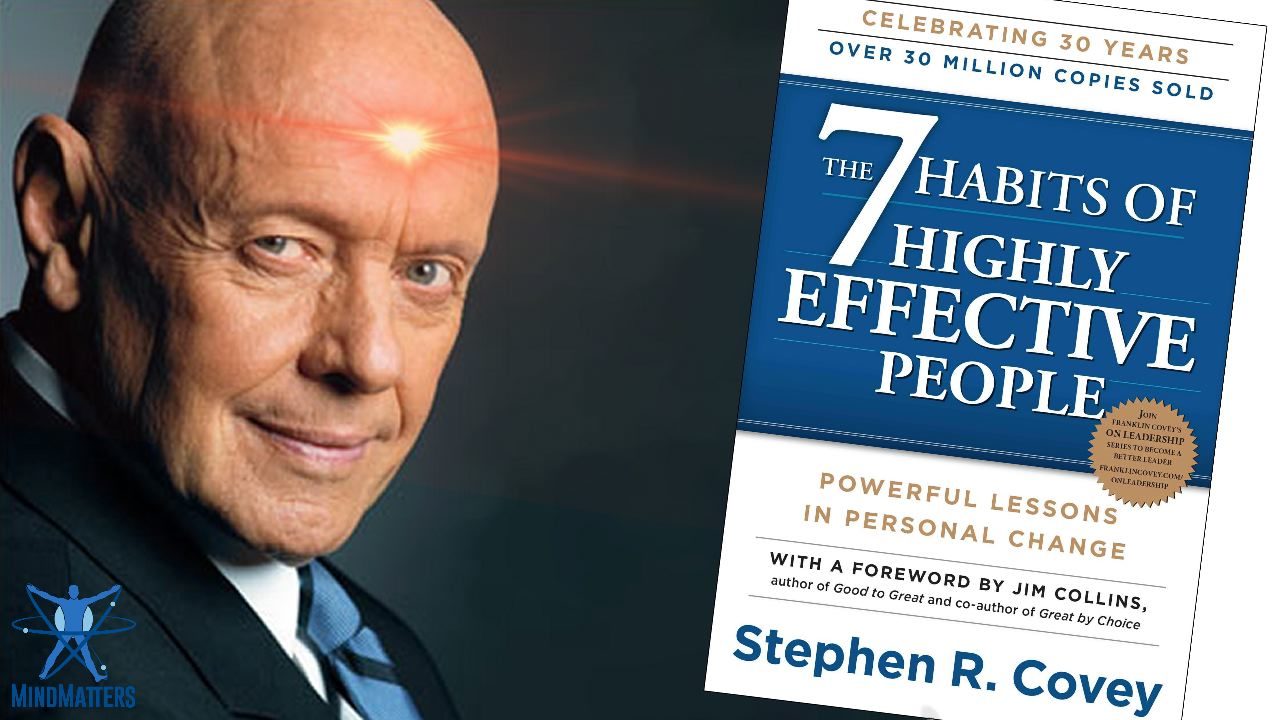
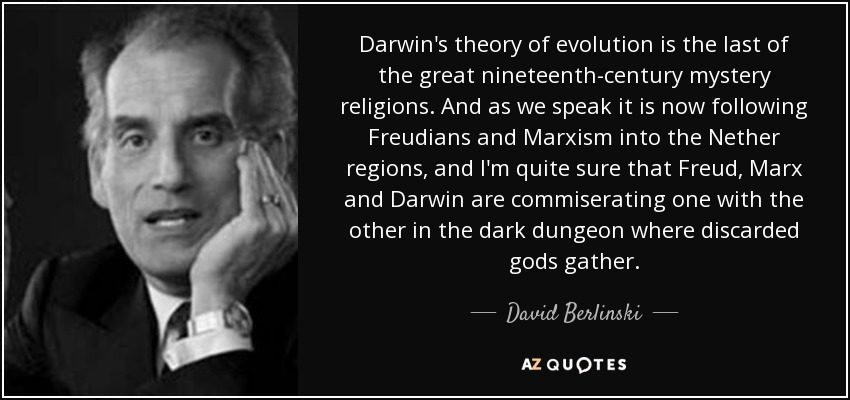
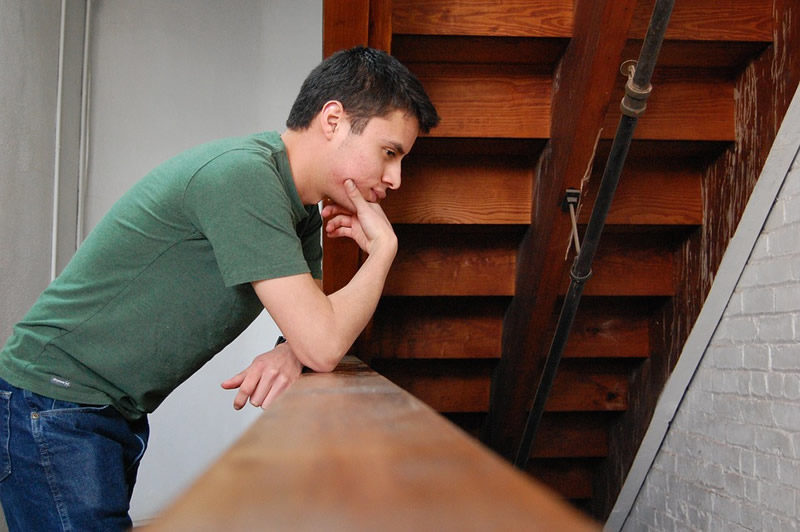
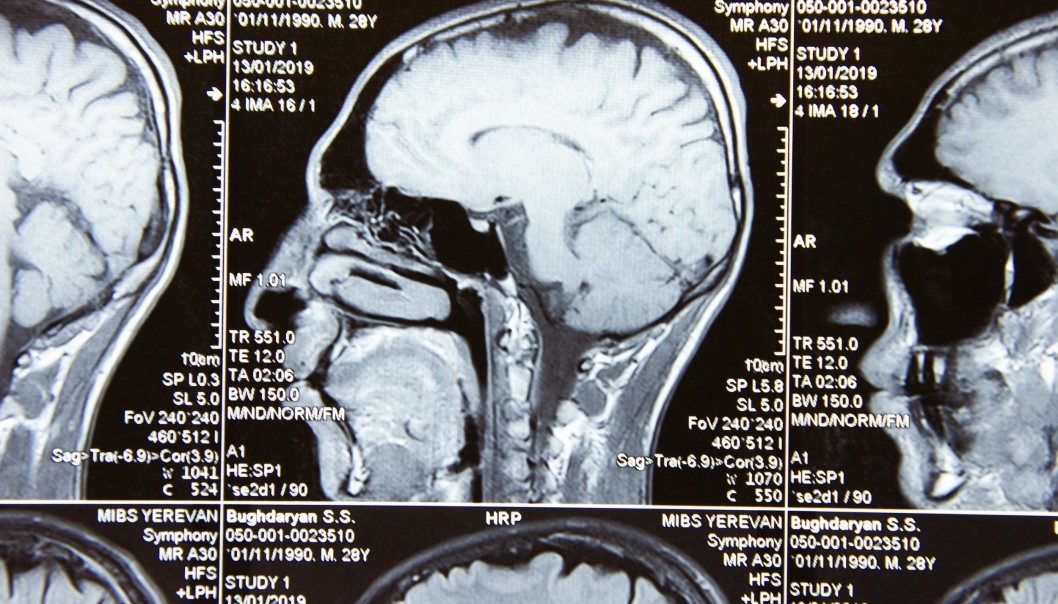



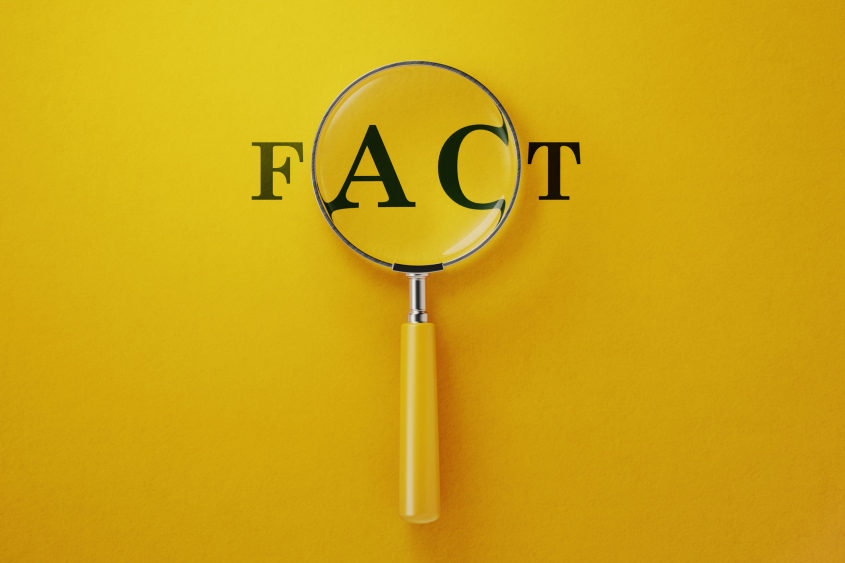



Comment: Spiritual Bypassing: Ten completely B.S. practices of supposedly spiritual people See also: